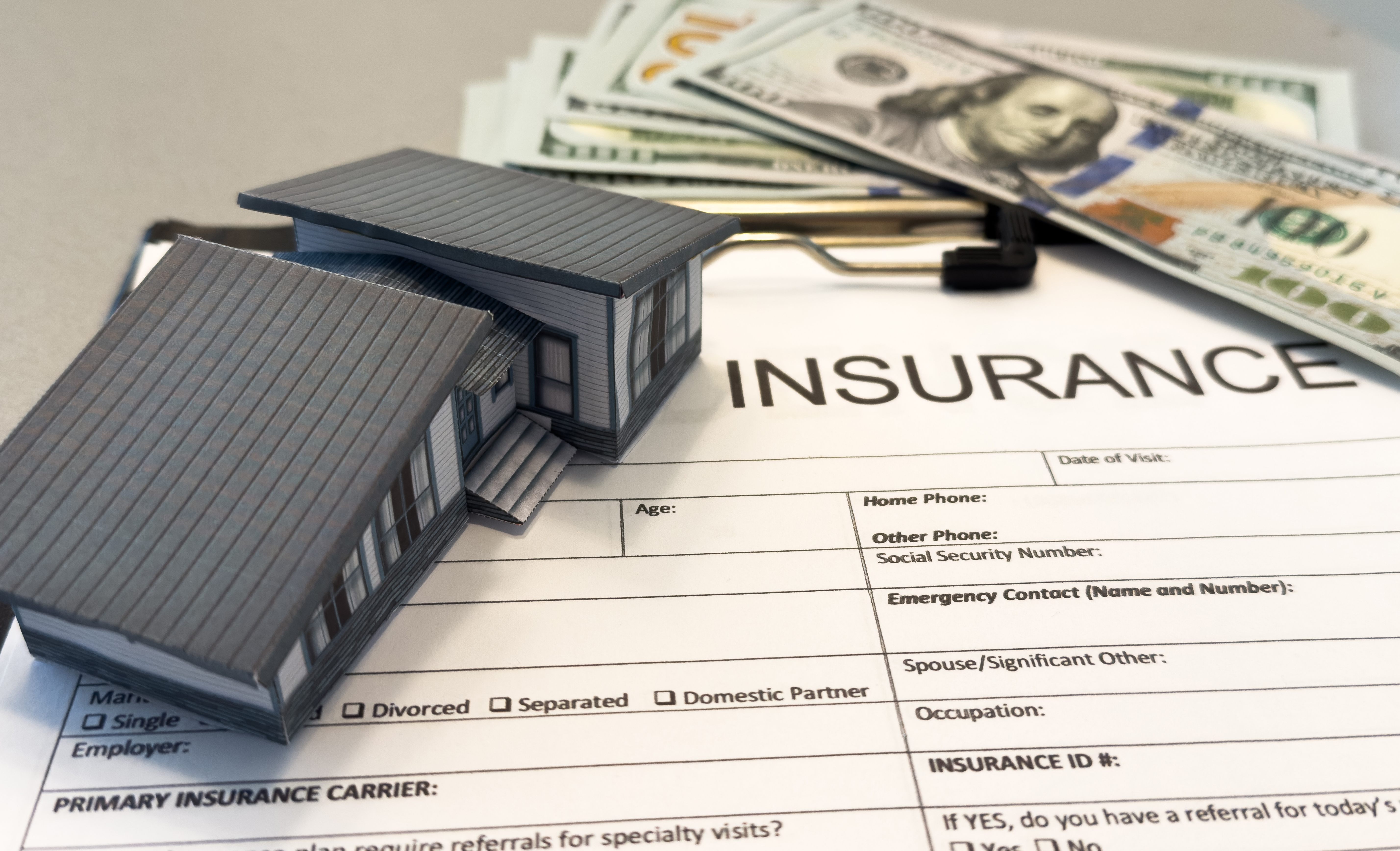Renting out your home can be a great investment, but it also means taking on new responsibilities—especially when it comes to protecting your property. One of the most common mistakes new landlords make is assuming their homeowner’s insurance will still apply.
If you’re renting out a single-family home, you’ll need a Landlord Insurance Policy. This specialized coverage protects your property, your liability, and your rental income if something unexpected happens.
Here’s what every property owner should know before renting out their home.
1. Choose a Landlord Policy, Not a Homeowner’s Policy
Homeowner’s insurance is designed for properties you live in. Once you start renting the home, your insurer will require you to switch to a Landlord Policy - your Homeowner's Policy will no longer cover your property.
A landlord policy provides protection for:
Property damage from fire, storms, or other covered events
Liability in case someone is injured on your property
Loss of rental income if your property becomes uninhabitable due to a covered event
Without this coverage, your insurance company could deny claims for damage or liability once tenants move in.
2. Look for Key Provisions in Your Policy
Not all landlord policies are the same. Here are the main features to check for:
- “All Risk” Provision
- Basic coverage includes natural disasters like fire or wind. An “All Risk” policy also protects you from theft, vandalism, and other unexpected incidents that can occur between tenants.
- Vacancy Requirements
- Some policies limit or suspend coverage if the property sits vacant for more than 30 days. Be sure to understand those rules—especially during turnover periods.
- “Loss of Rents” Provision
- If your property becomes unlivable due to a covered event, this feature helps replace your lost rental income while repairs are made.
- Increased Liability Coverage
- Landlord policies often start around $300,000 in liability protection. Consider raising that to $500,000 or more for greater peace of mind—it’s typically a very small premium increase.
- Personal or Commercial Umbrella Policy
- Umbrella policies add another layer of liability protection across all your assets. If you own multiple rentals, ask about a commercial umbrella to make sure you’re fully protected.
3. Add Your Property Manager as an “Additional Insured”
If you work with a property management company, make sure they’re listed as an Additional Insured on your landlord insurance policy.
This addition doesn’t change your coverage or increase your cost—but it does make life easier if a claim occurs. It allows your property manager to:
Work directly with your insurer on your behalf
Coordinate repairs and handle documentation
Be included under the same protection as you
It’s a simple step that helps keep the claims process smooth and protects both you and your management team from unnecessary costs or delays.
4. Protect Your Investment with Expert Support
Choosing the right insurance is just one part of being a successful rental property owner. Having an experienced property management partner means you’ll have professionals watching over your investment—from tenant placement and maintenance to rent collection and legal compliance.
Are you considering renting your property? Contact PMI North Atlanta to discover all the ways we can help protect your investment and make rental property ownership simple and stress-free.


